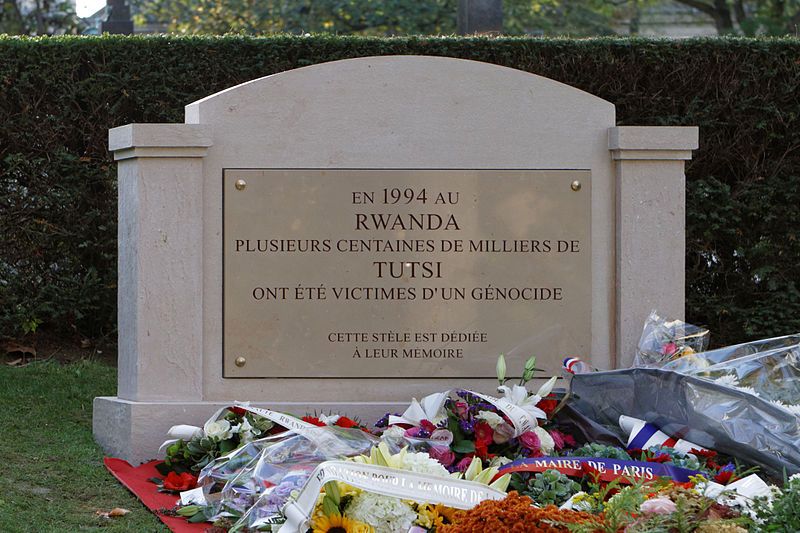Following a long and thorough investigation, the police have arrested a man in Denmark for participating in the Rwandan Genocide that left up to a million people dead in 1994.
The 49-year-old, who currently lives in north Zealand, is suspected of taking part in the slaughter of 1,000 people.
“We are talking about a very serious criminal case here. The 49-year-old is suspected of taking part in massacres in a church and a university where over 1,000 people were killed, according to the extradition request,” said senior prosecutor Martin Stassen.
“It’s a very serious move to send a Danish citizen to face punishment in Rwanda, but after a very thorough investigation, it is the state prosecutor’s evaluation that there are grounds to extradite him.”
A judge in Hillerød is expected to decide today whether or not the man will be held in remand.
READ MORE: Extradition of Rwandan on genocide charges gets one step closer
Slaughter in 1994
The man settled in Denmark in 2001 and became a Danish citizen in 2014, but later that year Rwanda filed a request for extradition to Denmark.
It’s not the first case involving the extradition of people involved in the Rwandan Genocide.
In 2000, a former captain of the Rwandan presidential guard was arrested in Skjern and later sent to a UN tribunal for his role in the murder of Rwanda’s prime minister, Agathe Uwilingiyimana, and ten Belgian UN soldiers.
Denmark also extradited a 51-year-old man to face trial in 2013 in a case that is still ongoing in the courts in Rwanda.
The Rwandan Genocide perpetrated by the elite Hutu majority government led to the deaths of over a million Rwandans over a 100-day period in 1994. It is estimated that up to 70 percent of the Tutsi population were killed.















